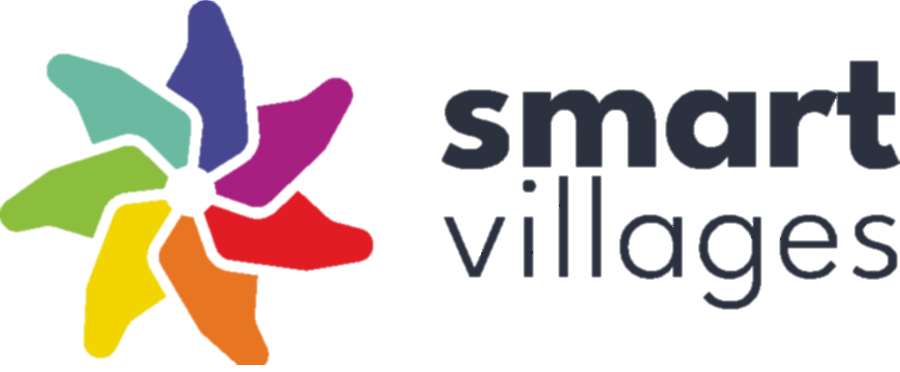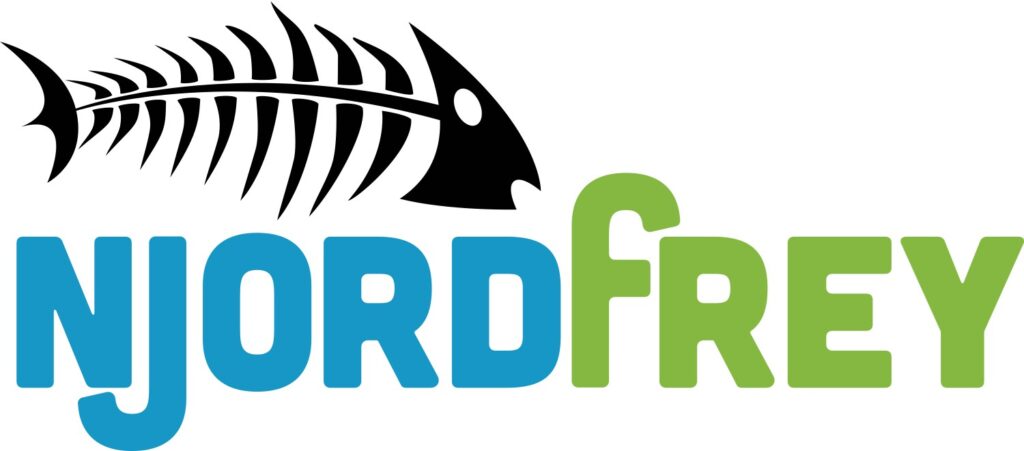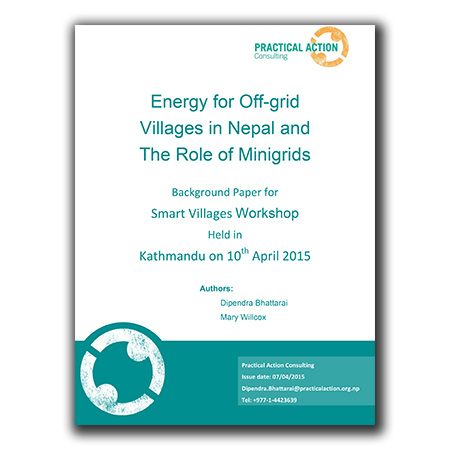Smart Villages was awarded this project, collaborating with our Rwandan partners Njordfrey, in InnovateUK’s Energy Catalyst round 10.


This project is a transformative initiative aimed at empowering rural communities by providing sustainable access to renewable energy and enhancing their food production capacities. Through the integration of innovative technologies and community-driven approaches, we seek to create lasting social, economic, and environmental impact in underserved regions.
At the heart of our project is the vision to address the energy poverty prevalent in remote rural areas, where communities face challenges due to lack of reliable and affordable energy. Bby harnessing the power of renewable energy, we can unlock tremendous potential, enabling these communities to improve their quality of life and drive sustainable development.
We begin with robust community engagement and needs assessment to truly understand the energy requirements and aspirations users. By working closely with the target communities, we ensure that our solutions are tailored to their specific needs and integrate seamlessly into their daily lives.
Through strategic partnerships we will deploy renewable energy technologies to support high yield fish/vegetable production with value addition (cooling/food drying). Intelligently monitored and coordinated through a digital monitoring system, the REAP hub will automatically balance the energy and production demands to increase efficiency and reduce energy and production costs.
The project extends beyond energy access. We recognise the vital role of productive systems in rural communities, such as agriculture and small-scale enterprises. By incorporating energy into these systems, we unlock new opportunities for income generation, value-chain development, and market access. This integrated approach fosters economic growth, creates employment, and reduces poverty, ensuring long-term sustainability.
Furthermore, our project aligns closely with the Sustainable Development Goals, particularly SDG 7 (Affordable and Clean Energy) and SDG 13 (Climate Action). By promoting renewable solutions and mitigating greenhouse gas emissions, we contribute to combating climate change.
Our intention is that the knowledge, skills, and partnerships developed throughout the project will serve as a catalyst for replication and scaling further such hubs across Sub-Saharan Africa, fostering widespread adoption of renewable energy solutions and transformative development models.






